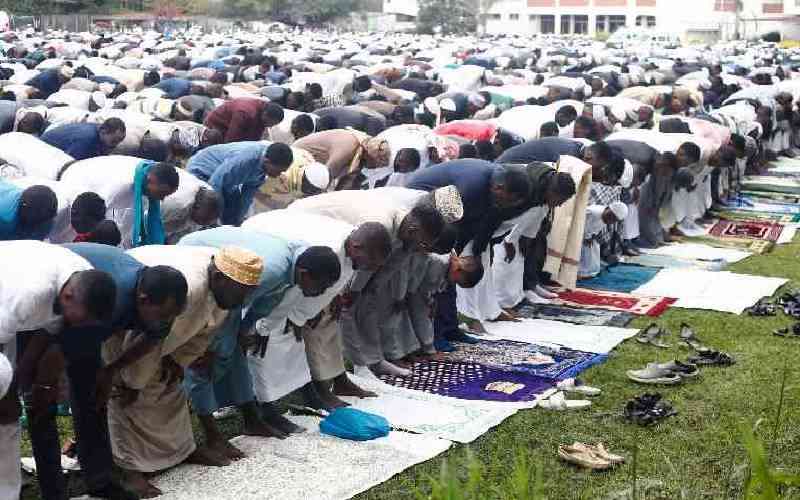×
The Standard e-Paper
Fearless, Trusted News

Chief Kadhi Athman Hussein has directed his officers to trace the crescent moon on Sunday evening in a bid to end confusion over the start and end of Muslims' Holy month of Ramadan.
Mr Hussein said the first officer to sight the moon will take an oath witnessed by more than two Muslims before the information is relayed to him to announce the start of Ramadhan.